Behind the Shadows of Triad Election: Crafting a Modern Underworld Masterpiece
Johnnie To’s Triad Election is more than just a crime drama; it’s a meticulously crafted exploration of power, loyalty, and the relentless ambition within Hong Kong’s most secretive organizations. Upon its release, the film garnered critical acclaim for its gritty realism and unflinching portrayal of Triad politics, often leaving audiences gripped by its suffocating tension. But what truly sets it apart is the singular vision and precise execution that went into its making, delving deep into the psychological fabric of its characters and the intricate web of Hong Kong’s criminal underworld.
Johnnie To’s Uncompromising Vision
At the heart of Triad Election’s chilling authenticity lies the directorial genius of Johnnie To. Known for his distinctive and often understated style, To eschews flashy action in favor of slow-burn suspense and character-driven drama. For Triad Election, his approach was one of deliberate realism, aiming to peel back the conventional romanticism often associated with gangster films and expose the raw, bureaucratic, and often brutal mechanics of a Triad leadership election.
To’s direction is a masterclass in building palpable tension. Every frame feels loaded with unspoken threats and simmering ambition. He achieves this through precise blocking, deliberate camera movements, and an emphasis on the quiet, yet profound, power shifts between characters. The narrative unfolds with an almost documentary-like precision, giving the audience a feeling of being a clandestine observer to secret rituals and clandestine meetings. This decision to prioritize narrative depth and character complexity over overt spectacle was a conscious one, allowing the “election” to feel less like a series of gang fights and more like a high-stakes, brutal corporate takeover.
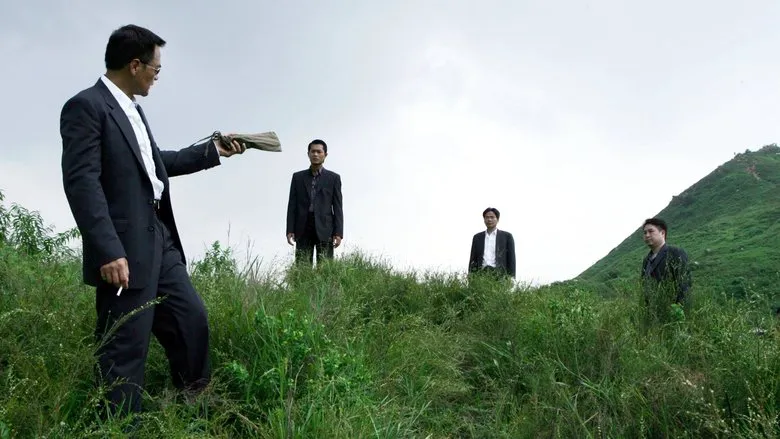
The Art of Casting: Portraying Nuanced Power
A significant “behind-the-scenes” triumph for Triad Election was its exceptional casting, particularly of its two central figures: Simon Yam as the incumbent chairman Lok, and Lam Ka-tung as the ambitious Jimmy. Johnnie To sought actors who could embody the duality of their roles: outwardly charismatic and controlled, yet internally ruthless and driven.
Simon Yam’s portrayal of Lok is a cornerstone of the film’s appeal. Yam brought a weary gravitas to the character, showing a chairman struggling to maintain control amidst a new wave of ambitious godsons. Lok is not a one-dimensional villain; he is a man of tradition, albeit a brutal one, clinging to a fading sense of order. To reportedly encouraged Yam to internalize Lok’s desperate fight for relevance, channeling a quiet intensity that speaks louder than any dialogue. This nuanced performance allows the audience to feel a strange, begrudging respect for his character, despite his heinous actions.
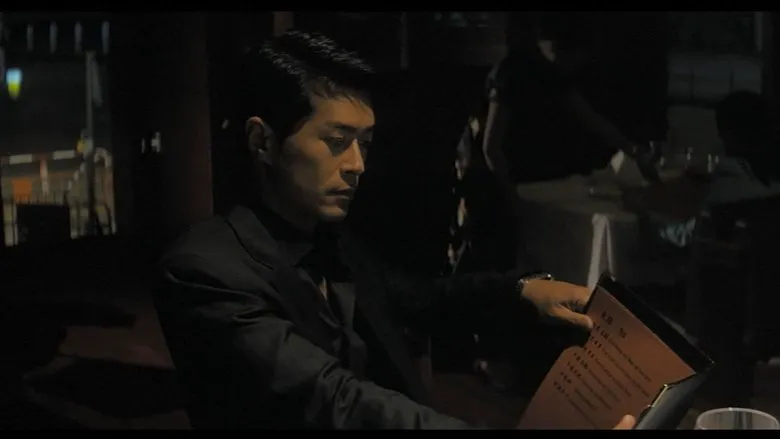
Equally compelling is Lam Ka-tung’s transformation into Jimmy. Jimmy represents the “modern” Triad, less interested in tradition and more in pure profit and legitimate business expansion. His ambition is cold and calculating, perfectly contrasting Lok’s more traditionalist, albeit equally violent, approach. Lam’s performance is subtle yet powerful, conveying Jimmy’s quiet cunning and relentless drive to expand his power into mainland China. The chemistry and tension between Yam and Lam were not just a consequence of the script but a deliberate choice by To to pit two distinct forms of ambition against each other, creating a dynamic that resonates throughout the film.
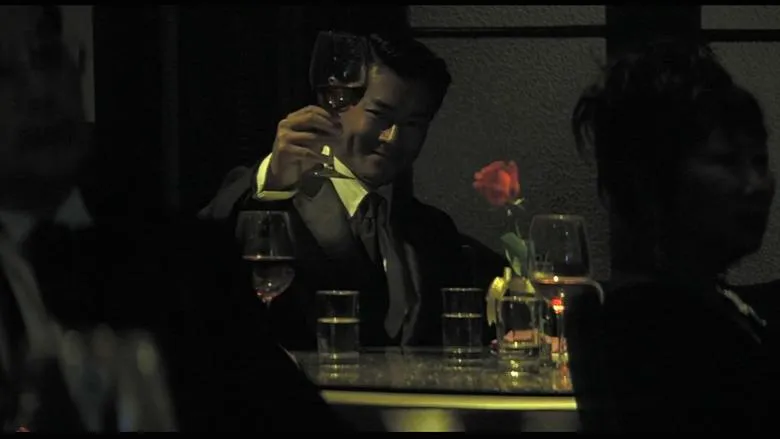
Immersive Setting and Atmosphere
The physical spaces and the overall atmosphere of Triad Election were crucial for its impact. Johnnie To and his team meticulously scouted locations that conveyed both the grimy reality of the Triad world and the subtle power structures within it. From dimly lit teahouses where secret pacts are forged, to bustling street markets where everyday life brushes shoulders with illicit dealings, every setting reinforces the pervasive nature of the organization.
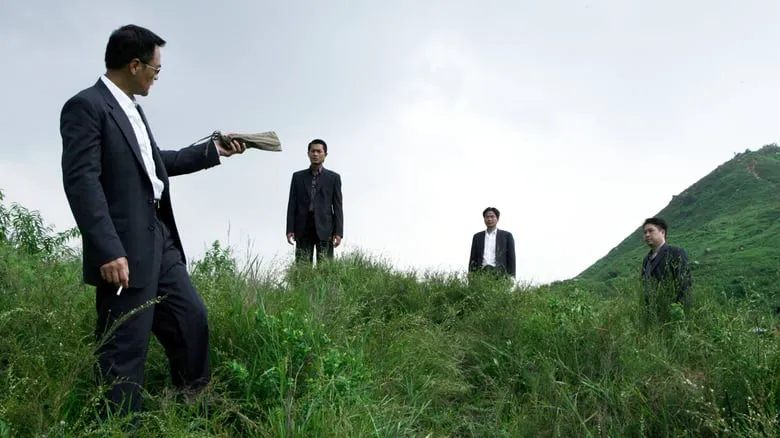
The film’s visual and sound design also play a vital role. The cinematography is often minimalist, relying on natural light and claustrophobic framing to enhance the feeling of being trapped within this world. The deliberate pacing, interspersed with sudden bursts of shocking violence, ensures that the audience remains on edge, constantly aware of the brutal stakes involved. This careful cultivation of atmosphere wasn’t merely cosmetic; it was a deliberate choice by the creative team to reinforce the narrative’s bleak themes and the unyielding nature of the Triad’s existence.
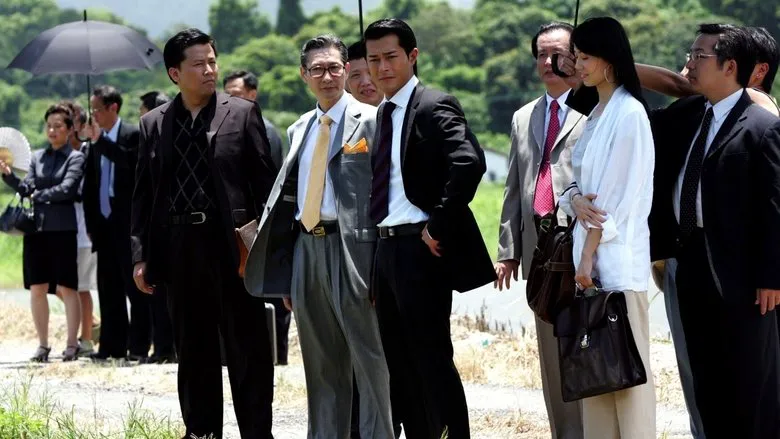
Unmasking the True Nature of Power
Triad Election is more than a story about an election; it’s a searing commentary on the corrupting influence of absolute power and the systemic nature of organized crime. To and his writers dared to ask tough questions about how organizations like the Triads thrive, showing their deep roots in society and their ability to intertwine with legitimate business and political landscapes. The film’s depiction of Jimmy leveraging Triad influence for his mainland China ventures highlights a darker, unspoken truth about the economic undercurrents that can sustain such groups.
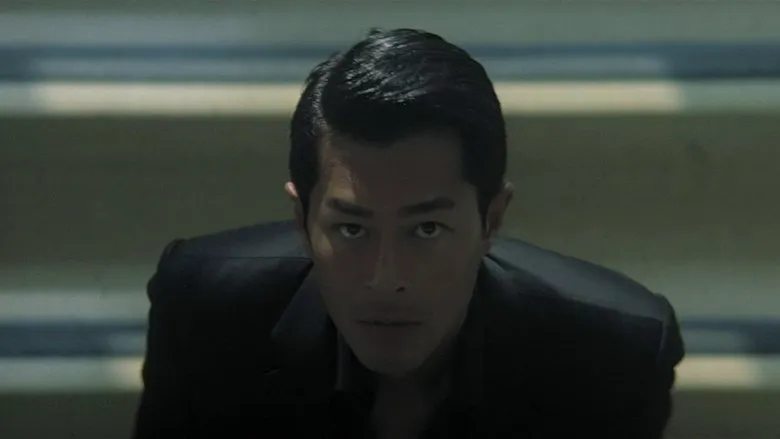
The final, brutal confrontation is not just an arbitrary act of violence, but a stark revelation of the Triad’s inherent nature. It strips away any lingering sense of honor or tradition, exposing the raw, brutal truth: power is the only currency that truly matters, and it will be acquired and maintained by any means necessary. This uncompromising grimness was intentionally crafted to leave a lasting impression, forcing viewers to confront the uncomfortable realities of such power dynamics.
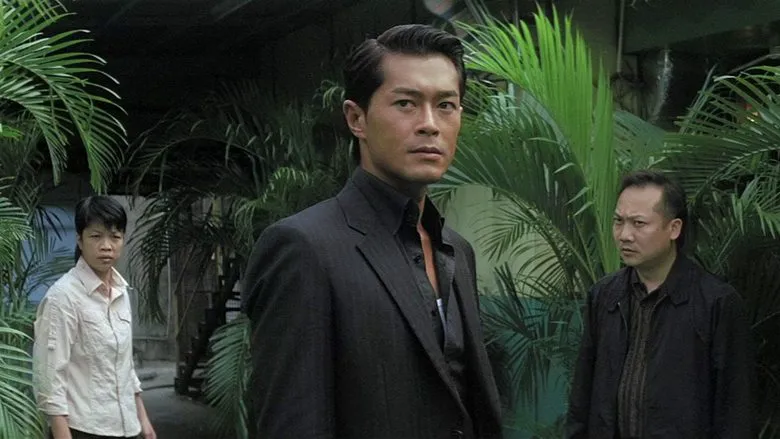
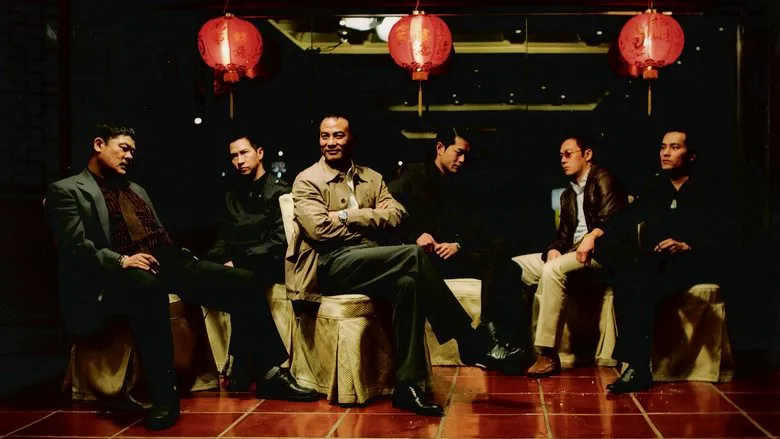
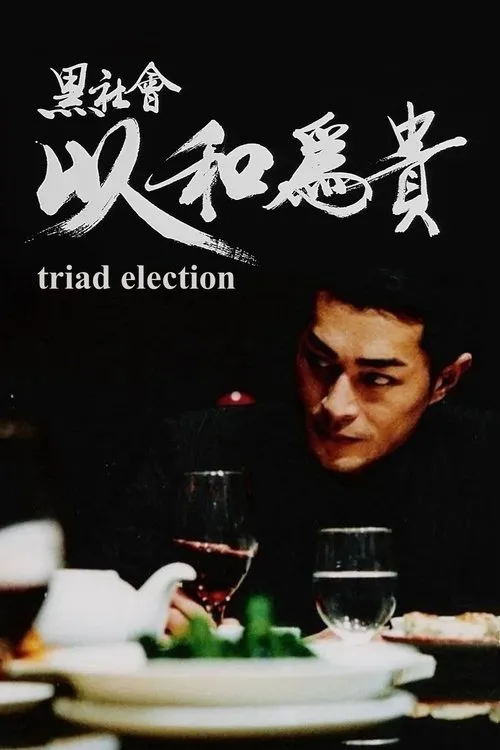
Ultimately, Triad Election stands as a powerful testament to Johnnie To’s unparalleled skill in crafting intense, thought-provoking cinema. Its “behind-the-scenes” story is not merely about production anecdotes, but about the profound artistic choices made at every level – from direction and acting to setting and theme – to create a film that dives deep into the heart of darkness, presenting a chillingly real portrait of a world governed by ambition and unwavering brutality. It remains a definitive work in the canon of Hong Kong crime cinema, celebrated for its raw authenticity and unforgettable exploration of the Triad underworld.